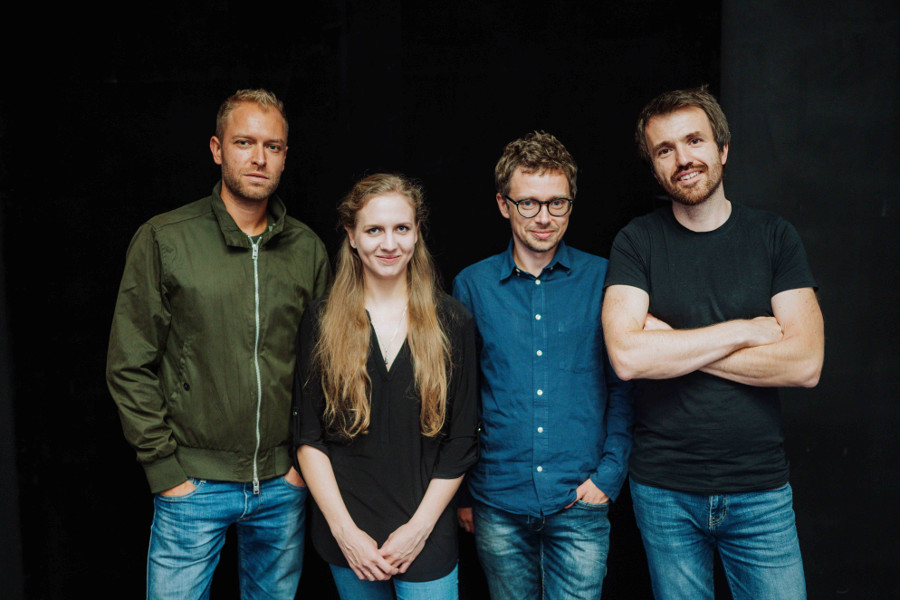The end of January is a time when artists focus particularly on the work of Witold Lutosławski, a great Polish composer and patron of the National Forum of Music, as January 25 is the anniversary of his birth. The meeting with the musicians of the Lutosławski Quartet will be an opportunity to honour Lutosławski’s memory and listen to a story of words and music about the composer, combining improvisations with his colorful works such as the String Quartet and Folk Melodies.
On the one hand, Witold Lutosławski was a continuator of tradition, and on the other, he boldly drew from the achievements of the 20th-century avant-garde. His innovative approach, bold exploration of sound possibilities and excellent sense of instrumentation while simultaneously referring to native folklore secured him a place in the pantheon of the best Polish composers of all time. Alongside experiments in the field of sound colour, he also attempted various experiments in shaping the musical structure. An excellent example of this is his String Quartet from 1964, in which the artist implemented the concept of a two-movement form, consisting of an introduction and the main movement. The contrasting movements are realised by instrumental parts, and the composer wanted to emphasise their individual character also by means of musical notation: they function as four separately written parts, and not a vertically read score.
The Folk Melodies composed in 1945 in Lutosławski’s work initiated a period of the artist’s interest in folklore. Béla Bartók died at the same time, a great Hungarian composer, who was keen on researching folk music and laid foundations of musical ethnography, which seems to be of no small importance for the biography and artistic achievements of Lutosławski, himself an admirer of Bartók. Folk Melodies are in fact twelve miniatures originally intended for piano and based on sound material collected by Jerzy Olszewski in various areas of Poland – these include melodies from Podlasie, Łowicz, Kurpie, and Silesia. Lutosławski developed them in an original way, embellishing the sounds of folk provenance with phrases of atonal character and interesting solutions in time signatures and rhythms. Ach, mój Jasieńko, Pastereczka, Na jabłoni jabłko wisi, W polu lipeńka or Gaik are just some of them. The whole whole will be performed by the improvising Lutosławski Quartet, who will be accompanied by a recording of the composer playing the original piano version.

